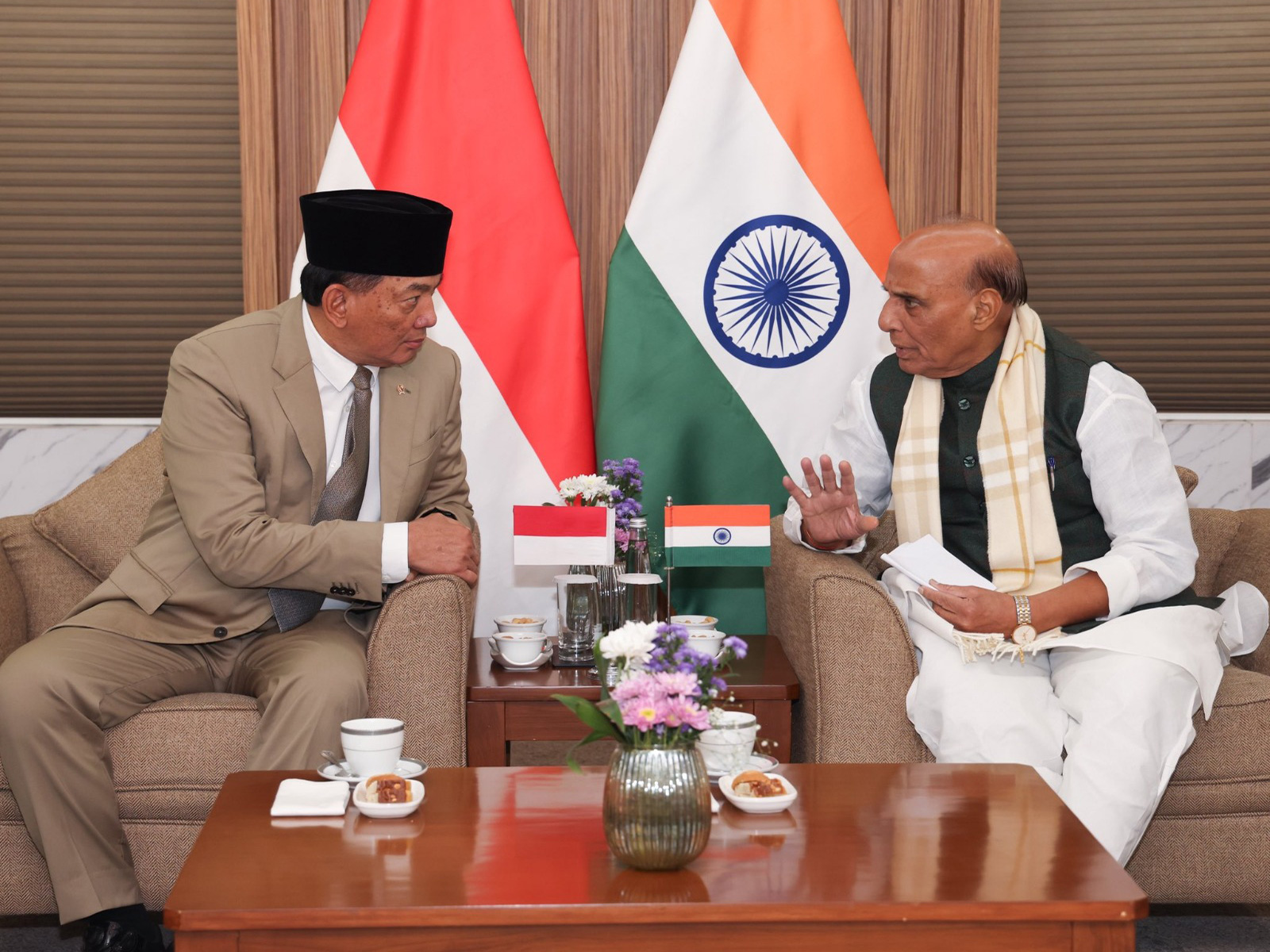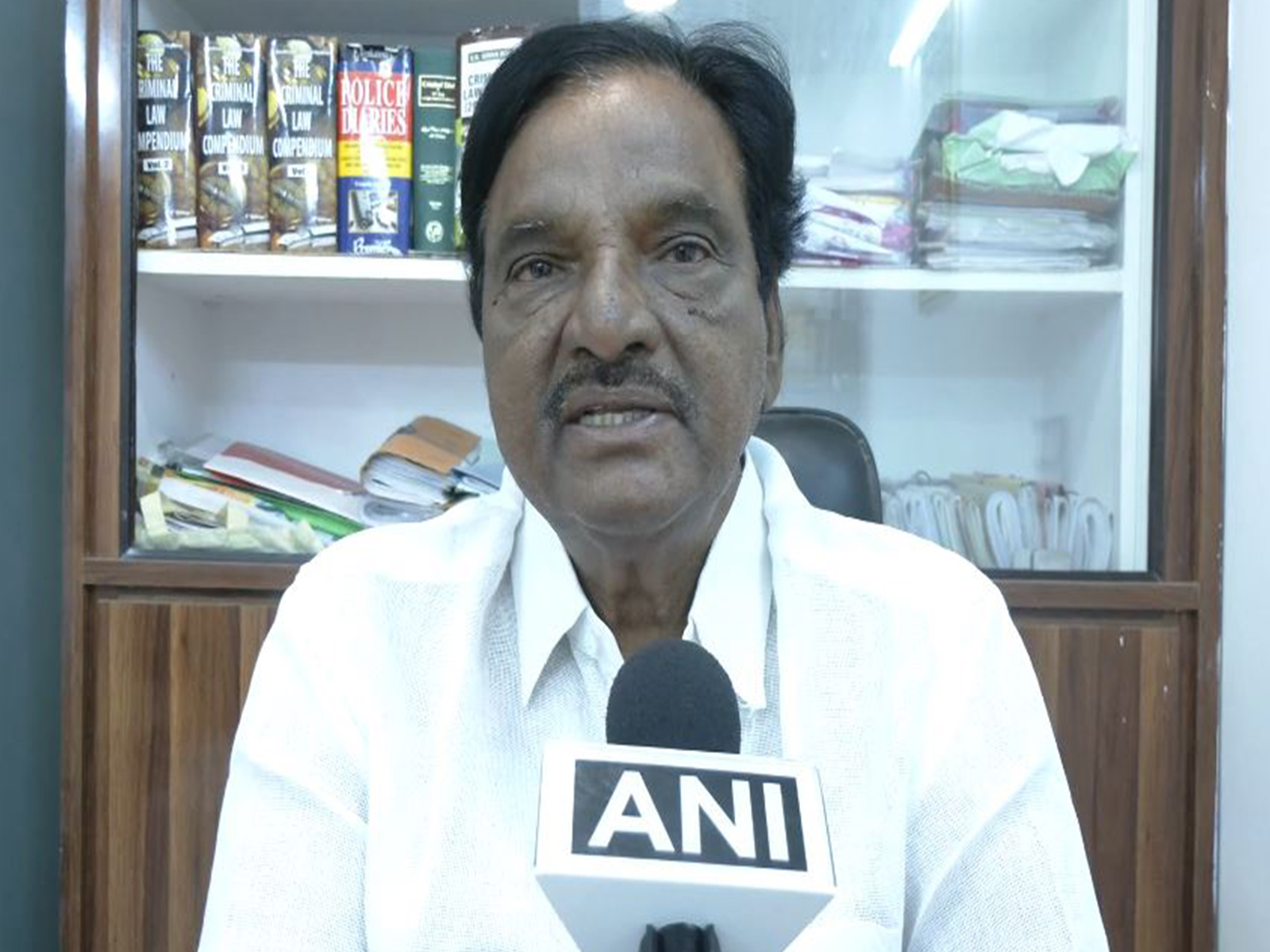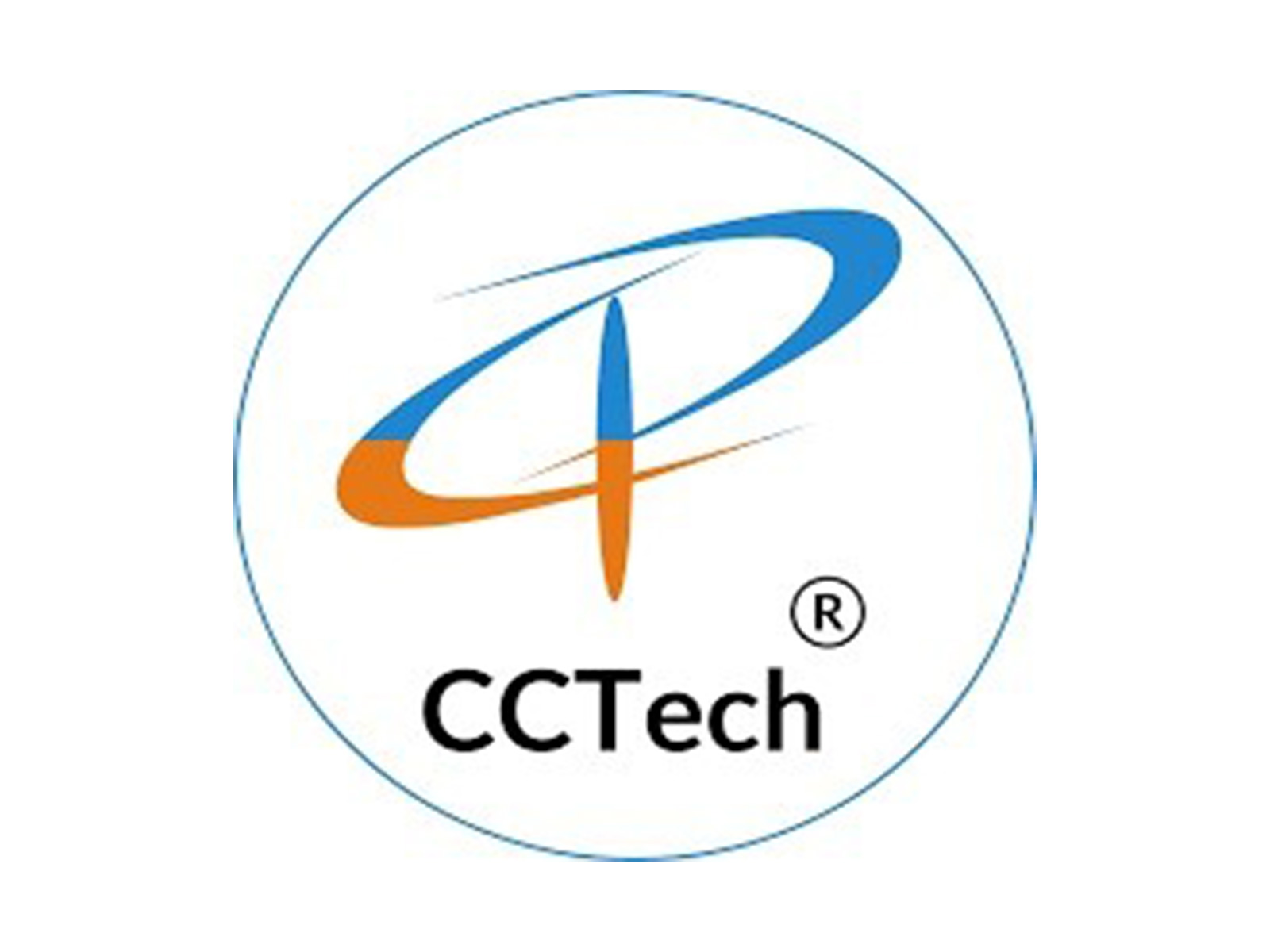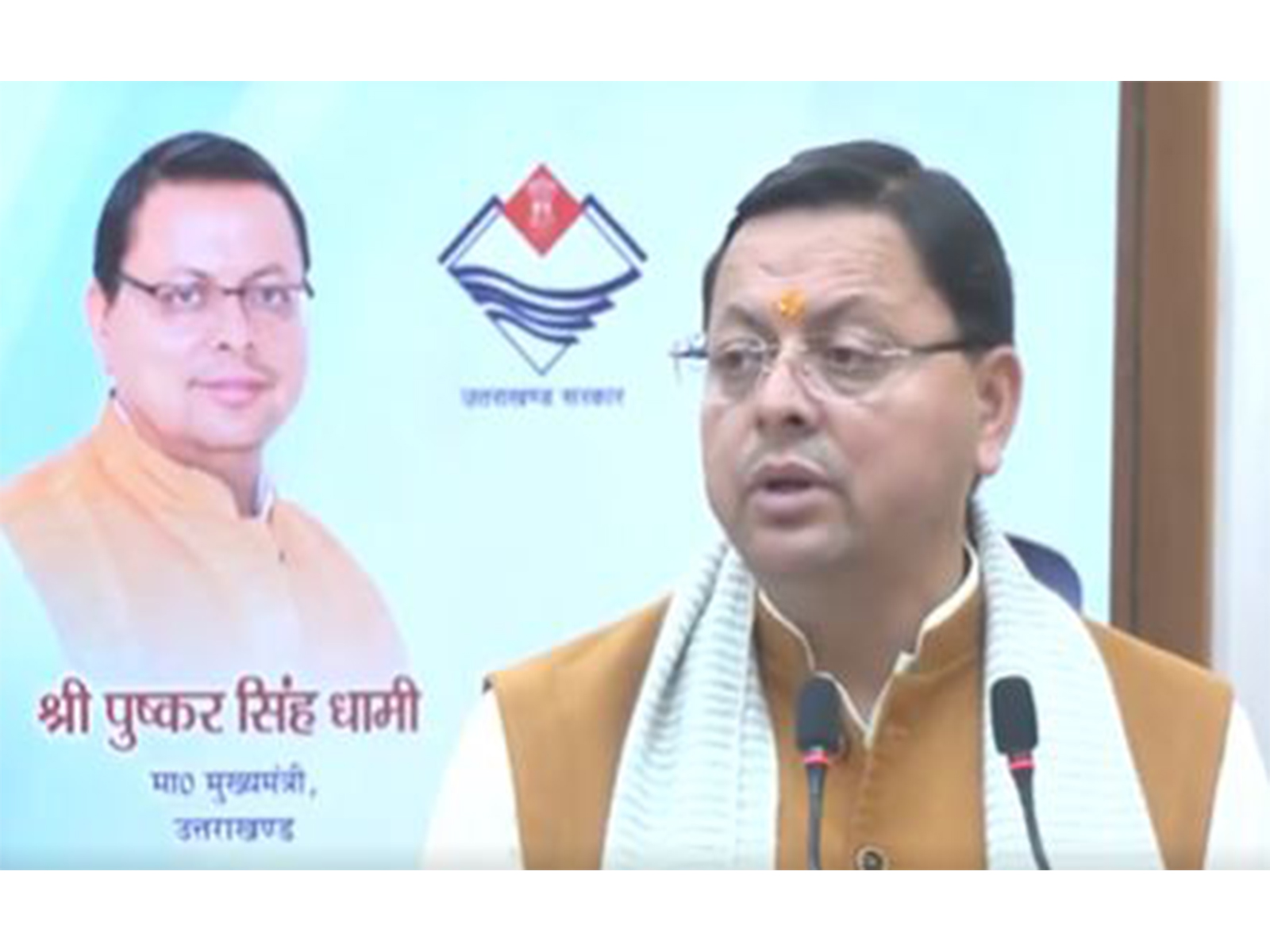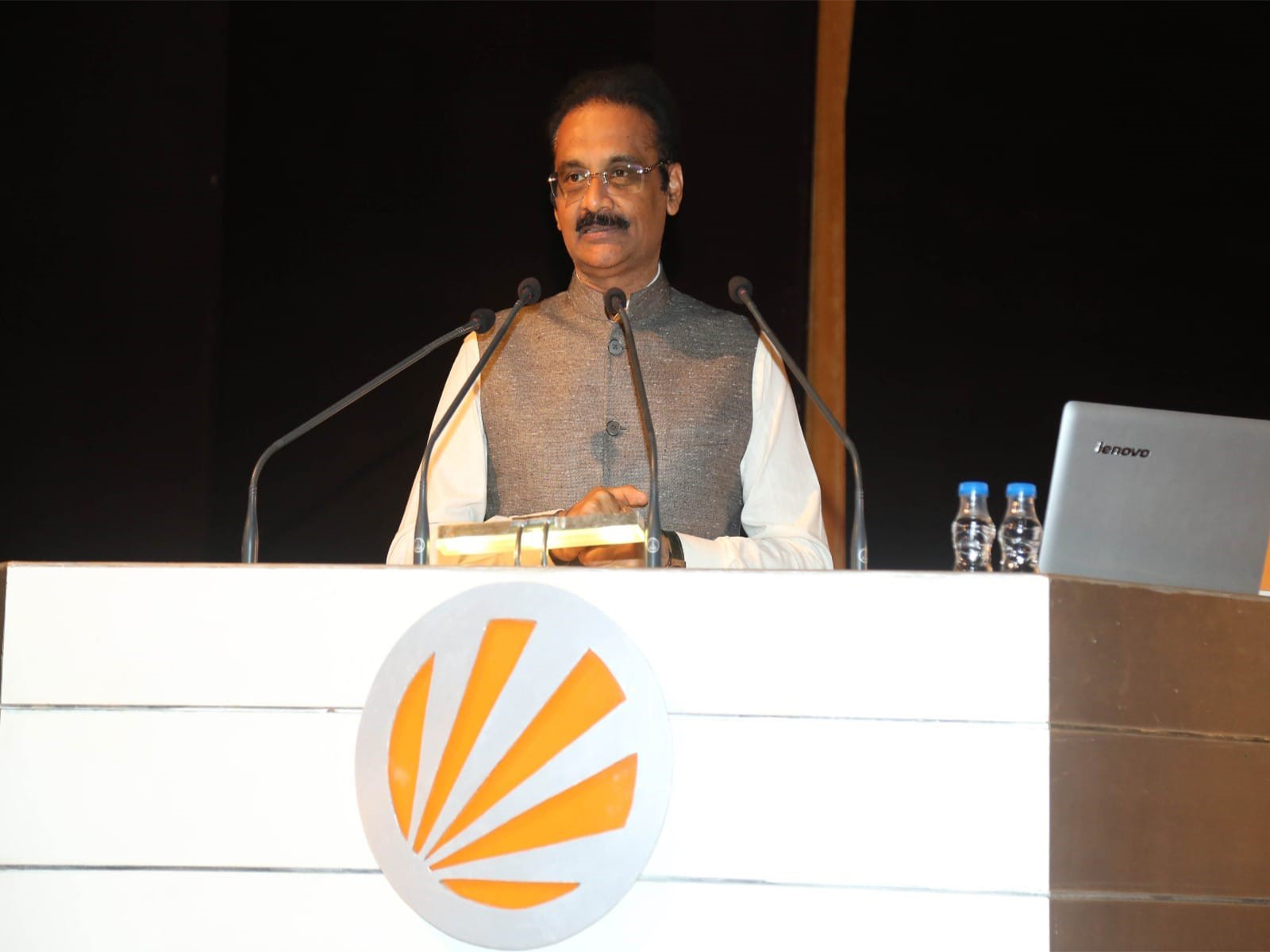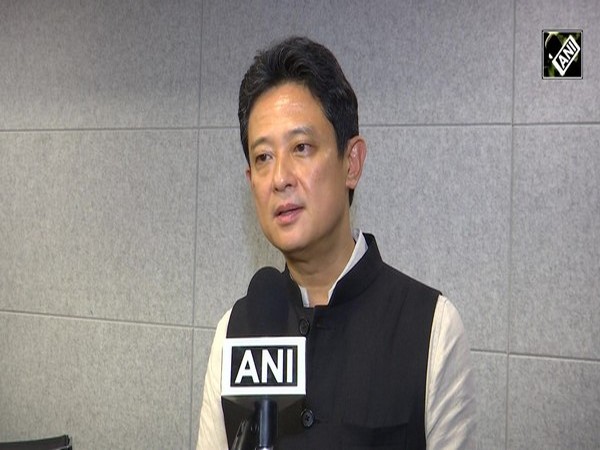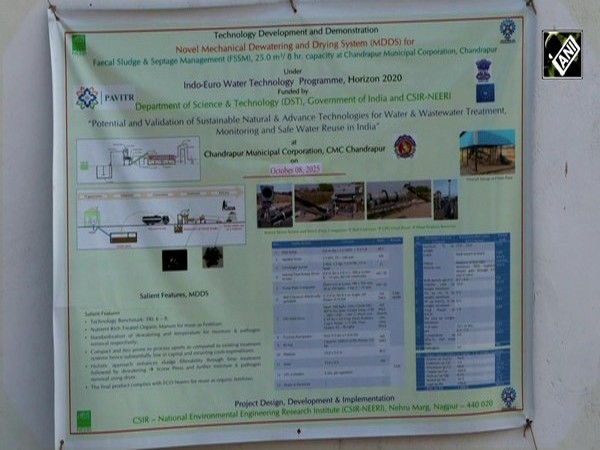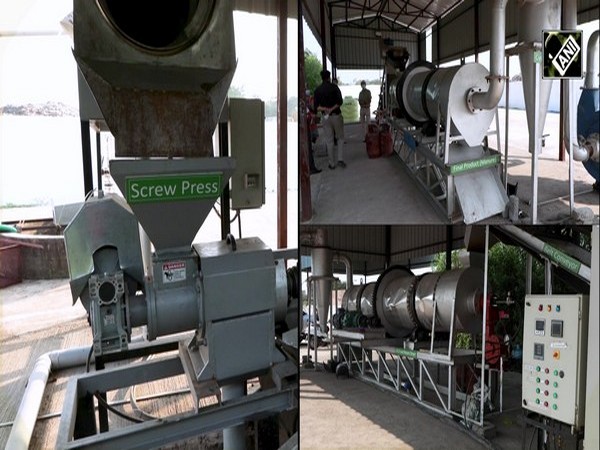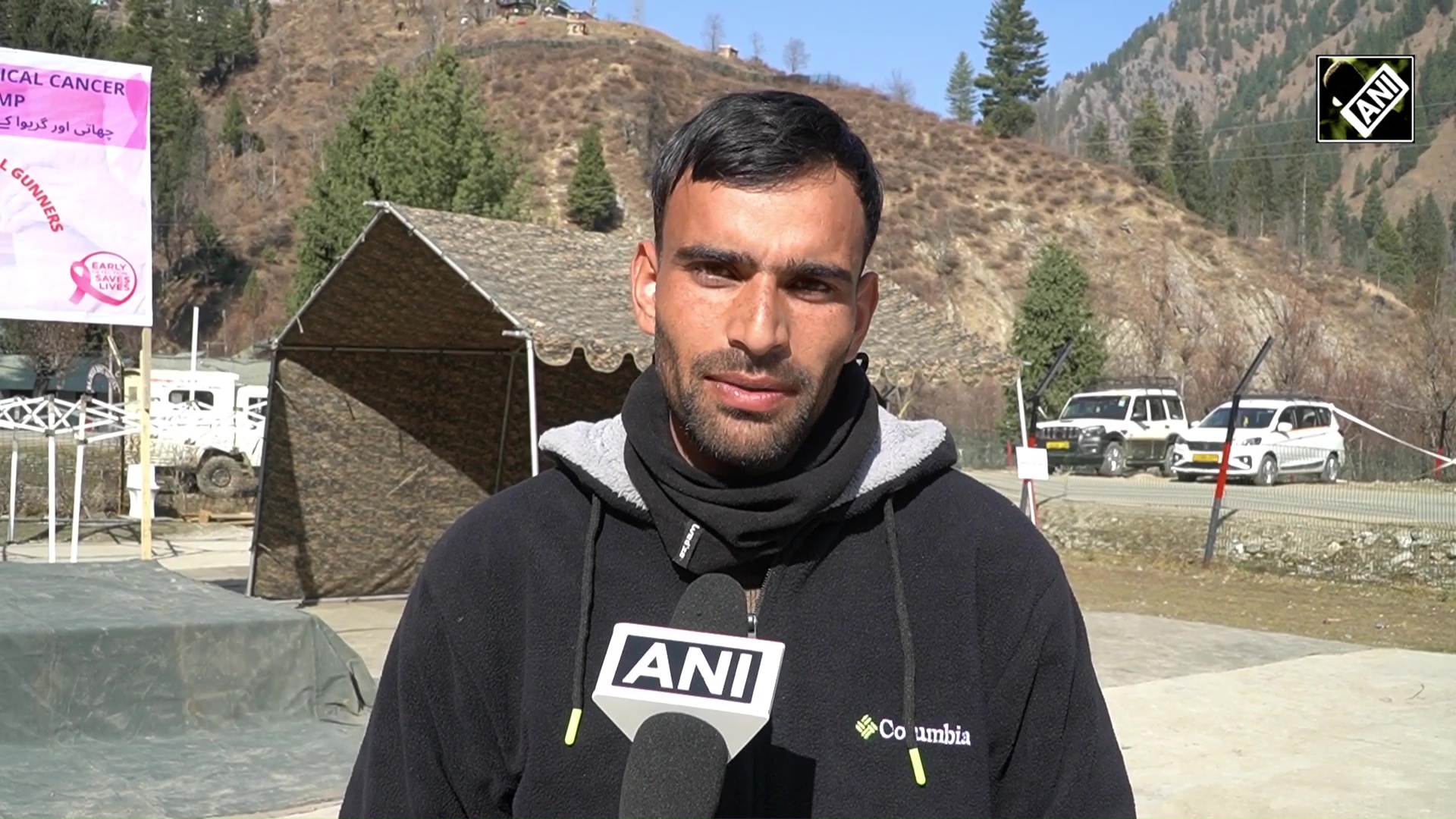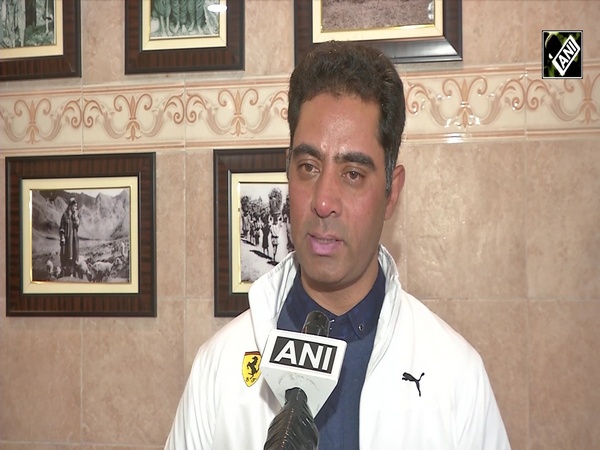Experts concerned over Pak government's decision to commercialise COVID-19 vaccine
Feb 22, 2021

Islamabad [Pakistan], February 22 : Pakistan's decision to allow some private companies to import coronavirus vaccines, which are likely to be sold at commercial rates is raising concerns among health experts.
According to DW News, the move has caused an outcry among medical professionals, some of whom claim it amounts to commercializing human suffering.
Pakistan has reported more than 567,261 coronavirus cases, and over 12,488 deaths, while over 20 million people have lost their jobs unemployed since the start of the pandemic.
The Imran Khan government is desperate to return to full normalcy, and in an effort to achieve it, Islamabad has allowed three companies to import coronavirus vaccines.
Experts have also raised questions over the credentials of the companies. Vaccines require a high level of care, but these companies do not have any experience dealing with vaccines, said Dr. Tipu Sultan, a prominent health expert and a former president of the Pakistan Medical Association (PMA), the country's largest doctors' body.
"Vaccines all over the world are being handled by the state sector, which is providing them free of cost. Pakistan is setting a bad precedent by commercializing it," Sultan told DW. "Now, greedy money-making individuals will also pressure their governments in other states into commercializing it, which will be disastrous for the poor."
Private companies in Pakistan have already made a lot of money out of the pandemic,"and now the government has opened the floodgates of profit," he said further.
Dr. Ashraf Nizami, the PMA's Lahore president, believes that the economically weaker sections of the population in the country will have to wait for years to get the vaccine, and that "the rich with deep pockets will get it within no time. It was the poor who suffered during the pandemic the most, and they will be the ones at the bottom of the government's priority," as quoted by DW News.
Nizami added that the government should be providing the vaccines free of cost. "States have a responsibility towards their citizens. It is a shame that ours is the only country that has decided to commercialize this human suffering and allow companies to buy vaccines. It is the job of the government to vaccinate all citizens of this country, and it must not leave them to the mercy of market forces, which are just there to make money."
DW News further reported that experts also believe that privatization could lead to vaccines being sold on the black market. "There is no cap on prices," a director of a top Pakistani pharmaceutical company told DW, on condition of anonymity.
"Offers have started pouring in from unscrupulous elements from all over the world. Since the vaccine is likely to be lucrative, many have started making efforts to place it on the black market. In this case, who will be responsible for safety issues?"
The director also said that people had also contacted the company to trade the vaccine illegally. "But we don't want to indulge in this corrupt practice," they said. "If the government cannot ban spurious medicines that are rampant in the Pakistani market, then how would it be able to stop the sale of the vaccines on the black market?"
Experts say that even if the government allows more companies to import the vaccine, there will still be a major gap between supply and demand. Some have questioned where Pakistani companies will buy them, if not from the black market.
The European news outlet further reported, Sohail Aamir, a former product manager at the Swiss Pharmaceutical Company in Karachi, says the state is struggling to fill the gap in supply and demand, so private companies are likely to exploit the situation.
These three companies will import less than one million doses of the vaccine, Aamir said. "The government will get 8.5 million doses from AstraZeneca under Covax, besides importing 20 million from Cansino and 60,000 from Sinopharm. This will only cover around 16 per cent of Pakistan's population of over 220 million.
